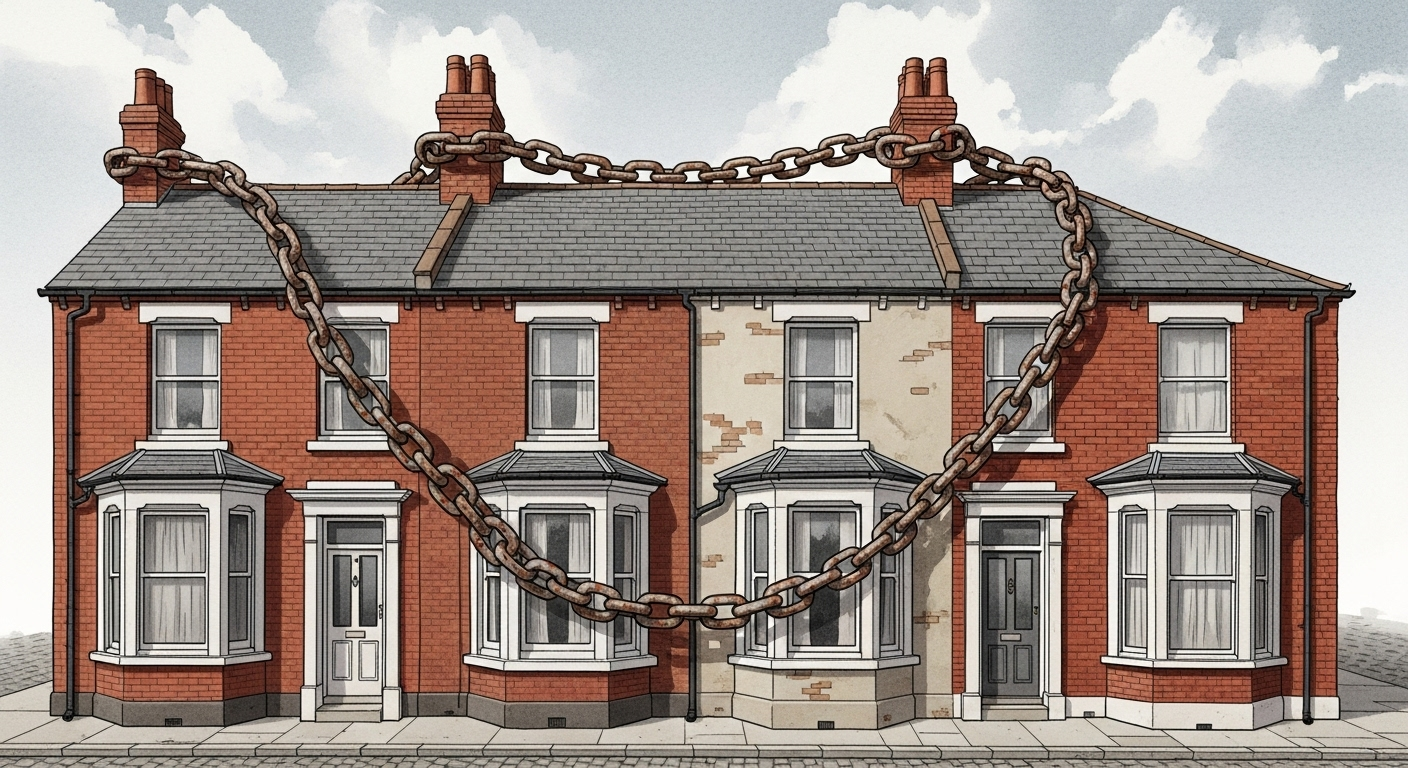Blog
Guide
.webp)
Demystifying the process of buying a property at an auction
Embarking on the purchasing property at an auction can be an exhilarating venture that may lead to snagging a property at a competitive price. This guide aims to demystify the process, outlining key steps and considerations to take before, during, and after the auction. Whether you’re a seasoned investor or a newcomer to the property ladder, understanding the nuances of auction purchases can enhance your chances of success. Here, we delve into the intricacies of auction procedures, from initial research to the pivotal moment of placing a bid, all the way through to potentially securing a property. Let's walk through the essentials to ensure you are well-prepared for this unique buying experience.
Prior to the auction, it is wise to familiarise yourself with the potential properties and the auctioneers within your area of interest. Engage with the local auction firms, enquire about forthcoming events, and request to be added to their distribution lists to ensure you receive the most recent auction catalogues.
Should you identify a property that captures your interest, proceed to organise a walk-through. It's essential to scrutinise the property and its environs meticulously. You might want to bring along a construction expert or a handyman to estimate potential renovation costs. Any concerns or questions should be directly addressed to the auctioneer without hesitation.
It’s crucial to acquire the auction particulars, as these documents contain significant information. In some cases, you may have to ask for a legal pack to grasp the entire scope of what you’re considering. Legal documentation can sometimes include searches, but if absent, your legal adviser should conduct these before the auction. Legal packs differ from property to property, so it’s a good idea to have a solicitor review the pack for any undisclosed agreements or potential pitfalls that could increase your costs unexpectedly.
The interval between the auction catalogue being made available and the auction itself is typically short, about four weeks, so prompt action is essential.
You are entitled to request that the auctioneer keep you informed of any amendments or updates to the sale's conditions, which is referred to as an Addendum. If you are particularly keen on a property, it’s also worth asking to be notified if there’s a chance the property could be sold prior to the auction.
Setting a financial ceiling is also a key step. While auction properties might be obtained for less than their market value, they often require renovations. Secure your financing ahead of the auction, understand the required deposit amount, and the method of payment to ensure you have the necessary funds ready.
Carefully peruse the auction house's terms and conditions, as your bid signifies agreement to these stipulations. Make sure you are fully informed about the payment obligations and timelines to avoid any unexpected complications on auction day.
Participating in property auctions offers an opportunity for excitement and shouldn't be overly complex. By doing your research, understanding the property and the auction terms, and bidding decisively, you stand a good chance of securing a great deal.
When attending the auction, punctuality is key. Arriving early allows you to absorb any last-minute information or changes to the property's details, which are either listed in an Addendum or announced by the auctioneer.
It’s important to differentiate between the guide price and the reserve price. The guide price is an indication of the reserve price, which is the lowest amount the seller will accept. The reserve price is kept confidential from bidders and may be up to ten per cent higher than the guide price. Keep this in mind as you plan your bidding strategy.
When bidding, clarity is essential. Auction houses might provide a paddle or similar device to help the auctioneer spot your bids. Maintain composure and stick to your budget to avoid getting swept up in the moment.
If you prefer not to bid in person, you can have an agent or solicitor bid on your behalf. Alternatively, some auctioneers accept phone or proxy bids, for which they will need your written authorisation and a deposit based on your maximum bid.
Winning the bid binds you to the terms and conditions of the sale as soon as the gavel falls. You will need to sign the contract and pay the deposit immediately, and you become responsible for insuring the property from that moment. Withdrawing after the sale can incur substantial costs.
Ensure you are prepared for the deposit and the terms of payment. Auctions typically require a ten per cent deposit on the day, along with two forms of identification. The timeframe for completing payment of the full purchase price ranges from two weeks to six weeks.
If a property does not sell, there may be an opportunity to negotiate a private purchase immediately after the auction. Register your interest with the auctioneer beforehand and stay until the auction concludes to seize any such opportunities.
In the event you’re considering releasing your buy-to-let investment, Arrow Conveyancing extends an invitation for you to reach out. Our expertise in managing buy-to-let properties is extensive, and we stand ready to provide you with a competitive quote upon request.
Contact Arrow Conveyancing today by visiting their website: www.arrowconveyancing.co.uk calling: 0116 266 5394 or emailing: hello@arrowconveyancing.co.uk
Disclaimer
The materials on this website do not constitute legal advice and are provided for general information only. Whether express or implied, no warranty is given concerning such materials. We shall not be liable for any technical, editorial, typographical, or other errors or omissions within the information provided on this website, nor shall we be responsible for the content of any web images or information linked to this website.
The information contained in this article does not constitute financial advice or recommendation and should not be considered as such. Arrow conveyancing does not offer financial advice and is not regulated by the Financial Conduct Authority (FCA), the authors of this article are not financial advisors and are therefore not authorised to offer financial advice.
Published on :
December 8, 2024












.png)





